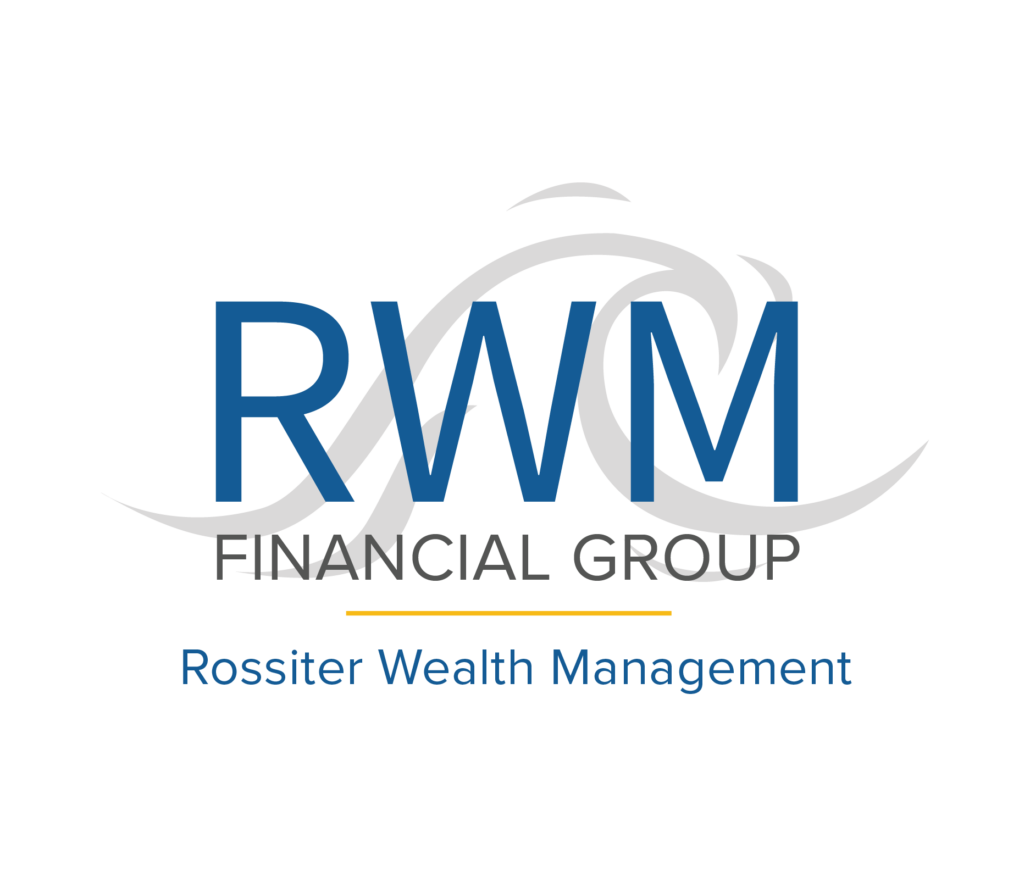Five Things to Do Five Years Before You Retire
Retiring can be an uncertain time, but with the right planning and preparation, it can also be an exciting and enjoyable new chapter in your life. Here are five things you should consider doing five years before you retire:
- Look at your income
- Think about your home
- Keep control of your debt and taxes
- Plan for healthcare expenses
- Imagine your ideal retirement
Let’s talk about each of these in detail.
Look At Your Income
Determine how much income you’ll need in retirement and consider moving some of your money into income-producing investments to provide a steady stream of income.
It’s also important to consider inflation and the potential for rising costs of living in the future, as this could impact your overall income needs. Reviewing your income and expenses can help you create a retirement budget that is realistic and feasible for your needs. It may also be helpful to work with a financial professional who can help you create a retirement plan that is tailored to your specific financial situation and goals.
Think About Your Home
There are a few key things to consider when thinking about your home in the years leading up to retirement. First, consider your current and future needs. Do you need a larger home to accommodate your family, or would a smaller home be more suitable for your lifestyle in retirement? If you’re considering downsizing, think about the cost of selling your current home and the potential cost of purchasing a new home. You may also want to consider the location and any potential maintenance costs of a new home.
Additionally, it may be helpful to think about the potential tax implications of selling your home. Depending on your situation, you may be able to exclude some or all of the capital gain from the sale of your home from your taxable income. It’s a good idea to review your options with a tax advisor to see if selling your home could potentially benefit you tax-wise.
Finally, consider the cost of living in different areas. Moving to a location with a lower cost of living could help reduce your expenses in retirement, but it’s important to carefully weigh the pros and cons of a move before making a decision. You may want to visit potential new locations and consider factors like the availability of healthcare, access to amenities, and proximity to friends and family.
Keep Control of Your Debt and Taxes
Paying off as much debt as possible before retirement is a smart financial move because it can help reduce your expenses and increase your cash flow in retirement. This can be especially important if you’re relying on fixed income sources, such as Social Security or a pension, as these sources of income may not increase over time to keep up with inflation. It’s a good idea to prioritize paying off high-interest debt first, as this can save you the most money in the long run.
One way to lower your taxable income is to work with a tax advisor to see if converting a traditional IRA to a Roth IRA is a viable option for you. With a traditional IRA, you contribute pre-tax dollars, but you’ll pay taxes on the money when you withdraw it in retirement. A Roth IRA, on the other hand, is funded with after-tax dollars, so you won’t pay taxes on the money when you withdraw it in retirement. This can be a good option for people who expect to be in a higher tax bracket in retirement, as it allows you to pay taxes on the money at your current, potentially lower tax rate. However, it’s important to carefully consider the potential tax implications of a Roth IRA conversion, as it may not be the right choice for everyone. A tax advisor can help you weigh the pros and cons of a Roth IRA conversion and determine if it’s a good option for your specific financial situation.
Plan for Healthcare Expenses
Planning for healthcare expenses in retirement is an important consideration because healthcare costs can be a significant portion of your budget in retirement. Here are a few things to consider when planning for healthcare expenses:
Make sure you have the proper healthcare insurance. This may include enrolling in Medicare if you’re eligible and considering supplemental insurance policies to help cover out-of-pocket costs. It’s a good idea to review your options carefully and consider factors like your current and future healthcare needs, the cost of premiums, and the coverage offered by different plans.
Consider long-term care options. Long-term care costs, such as nursing home care or home healthcare, can be a major expense in retirement. It’s a good idea to consider your potential need for long-term care and explore options for paying for it. Options may include purchasing long-term care insurance, setting aside money in a dedicated savings account, or including long-term care provisions in your estate plan.
Think about how healthcare expenses will fit into your budget. It’s important to consider how healthcare expenses will fit into your overall retirement budget and make sure you have enough savings to cover these costs. This may involve setting aside money in a dedicated healthcare savings account or factoring in healthcare costs when creating a retirement budget.
It’s a good idea to review your healthcare options and plan for healthcare expenses well in advance of retirement to ensure that you have the coverage and resources you need to meet your healthcare needs in retirement.
Imagine Your Ideal Retirement
Here’s the fun part: paint the picture of your ideal retirement. You can do this by asking questions such as:
- What do you want your retirement to look like? Do you want to travel the world, spend more time with your family and friends, or take up a new hobby? Do you want to stay in your current location or move somewhere new?
- How will you spend your time? Do you want to be active and stay engaged with your community, or do you prefer a more laid-back lifestyle?
Take some time to think about your goals and aspirations for retirement and consider how you might continue to pursue your current interests and passions in your daily life.
Make sure your assets are structured in a way that will allow you to have the retirement you envision.
Final Thoughts
Retirement planning can be confusing but can have many benefits for any individual.
Not sure where to start? We got you covered.
The purpose of RWM Financial Group is to promote plan goals via our knowledgeable team and a robust set of tools.
RWM can help lead the way toward retirement readiness for pre-retirees and new generations of employees—whose success comes from your plan’s success. Combining professional dedication, cutting-edge tools, and high-impact education with a commitment to service, RWM Financial Group’s process sets a clear direction toward retirement for your valued employees and balances their needs with yours. The RWM process uses features and services that strive to create value for the employee and the employer.
For a better understanding of retirement savings plans, read our article here.








